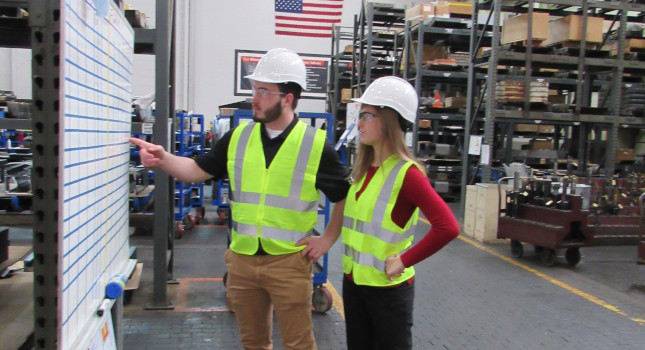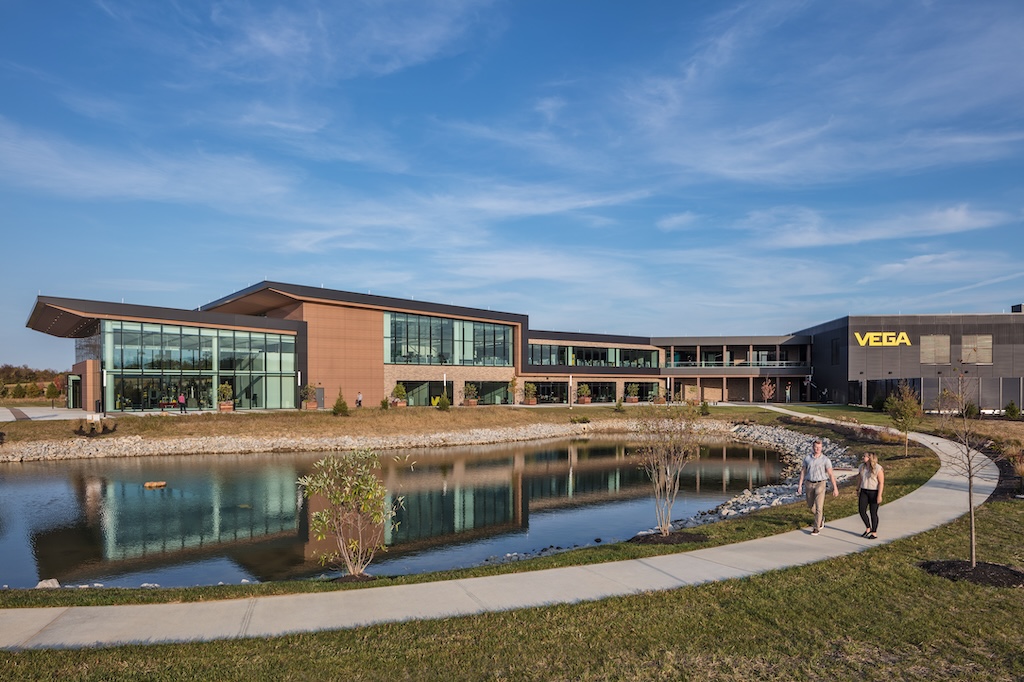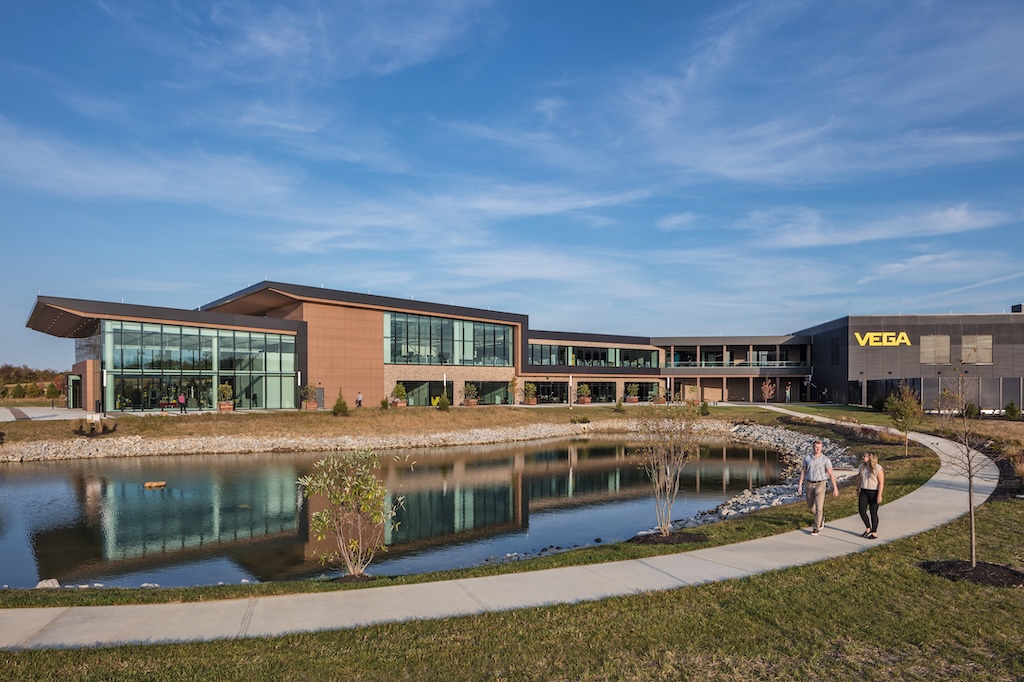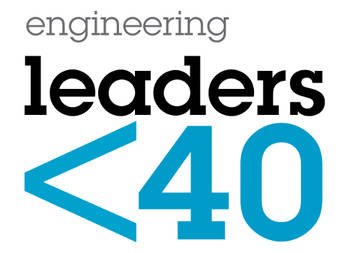People are individuals and it is a leader’s responsibility to consider each candidate on an individual basis and to cultivate each employee according to his/her needs.

Millennials, as a generation, have a bad reputation, full of undesirable attributes, and devoid of any praise. Their reported lack of direction, loyalty, and work ethic have distressed many a manager, causing some to avoid millennials entirely and some to seek a magic method to “engage” millennials. I would argue this whole perspective is flawed. Generational norms are useful for sociologists and philosophers, but blind us to the truth of hiring and managing: people are individuals, not statistics. It is a leader’s responsibility to consider each candidate on an individual basis and to cultivate each employee according to his/her needs.
Beyond statistics: Individuality
Understanding and relating to a person based on the year they were born is ludicrous when you think about it. Even considering generational thinking through its own lens should create some cause for concern. Generations are generally divided up into 20-year chunks of time, based on the idea that an average parent first starts having children at 20 years old. Each generation is shaped by its parents’ views and the political and cultural effects of their formative years. But that’s not quite right. The average first child age is getting older, closer to 25 years old now, so the idea that one generation is raised by the previous generation is less true than it used to be. n the case of millennials, many were raised by baby boomers (two generations previous) and many by generation Xers (one generation previous). Baby boomers are known for “helicopter parenting” while generation Xers are known for their hands-off approach. Based on this generational thinking, I’d argue millennials should fall into two distinct groups – one that may need more guidance (need to be “engaged”), and one that will be very independent.
Now consider other factors that may shape a person’s approach to life. A person who grew up in an affluent family will likely have different perspectives on the world than one who grew up in a low-income situation. A person who grew up on a farm will have a different approach to life than a person raised by a doctor and a lawyer. There are so many factors that play a role in a person’s needs and goals that have nothing to do with their generation. When hiring, look to understand what makes a candidate unique, what motivates them, what they’ll need to fit in and excel in your business. These universal considerations make sense no matter what generation a person belongs to.
Building a culture
What is your business about and who fits in it? This is a critical question that can’t be shortcutted with generational thinking. Every company has an individual mission and culture. It’s the responsibility of that company’s leadership to define and understand these things and seek to hire people that add to them. If your company researches new technologies, you probably want to hire someone who’s creative and driven to try new things. If your company does drywall, you probably want to hire someone who’s detail-oriented and likes to work on the same type of thing each day. A person from the research company probably wouldn’t be happy at the drywall company and vice-versa.
Once this ideal fit is hired, the hard work begins. You’ve hired this person for a specific purpose, not just to do specific work, but to add specific value to the organization and its customers. This probably won’t involve doing the same things year after year. Most jobs evolve over time, so it’s critical to instill in the new employee the company’s purpose and how they fit into it.
The role of leadership
There’s a difference between management and leadership. The prior is about delegating work and making sure it gets done. The latter is about seeing and cultivating the potential in a person, instilling a vision, challenging, and providing opportunities to grow. Typical management styles may change generation-to-generation, but the principles of leadership are timeless: Cast a vision for where the person can go and more importantly how they can get there. Listen to the person’s needs and incorporate them into the plan. Give the person feedback to help them find success. We’re not trying to “engage millennials,” we’re trying to develop individuals.
In contrast, I often see companies hiring with the expectation that a person comes with all the right skills and experience to fill a static job role. I think this is a huge mistake. Every company has its own way of doing things, so even a person with 20 years of experience will have to learn a lot to be successful in a new position. Neglecting this development will reduce the employee’s effectiveness and cause frustration on both sides. Beyond that, every job role changes over time, today more quickly than ever. Without the vision and guidance a good leader can provide, an employee can stagnate or focus time and energy on developing skills that aren’t aligned with the company’s strategy, again, frustrating for both sides. Avoid all that frustration and stagnation and actively seek to build employees for greater value and satisfaction. Your business will thank you.
Education in the 21st century
There was a time when a person’s organized education ended after school, or could only be extended by scheduled professional development classes. These are important ways to build a foundation, but they have some serious limitations in the real world. They tend to be expensive, infrequently scheduled, require some travel, and a person will still have to develop their own system to apply the new knowledge in their job. The classroom is rarely as helpful as actual experience.
Traditional professional education has so many shortcomings that companies tend to avoid developing their people. It’s much easier to hire someone with a large volume of experience than to try to find, schedule, pay for all the right training and hope the individual can turn that into an efficient process. Still, you’ll never find someone with every skill they’ll need for the rest of their career. In the absence of fast, flexible training, professionals often resort to finding the right coworker, with the right experience, and hoping they have the time and inclination to teach us their process.
Today’s educational options solve all these problems. An online course can be much more convenient and affordable. Lessons can be learned right when they’re needed, with no need for scheduling in advance. Employees can be much more dynamic in their job roles, picking up new skills on the fly.
You decide what skills your employees need, and we’ll provide the means to mastery. Join us in building the teams of the 21st century.
Time to act
Complaining about “kids these days” is a perennial pastime for some folks, but this mode of thinking has no place at work. Strategies change, but the principles of finding, hiring, and keeping good employees are the same for this generation as they were for the last. Healthy companies find employees that fit the organization, then lead and develop them as individuals. Modern technology just makes this a faster-paced process, enabling just-in-time training and better visibility of key metrics. It’s time to start developing your employees. If you don’t, they’ll find someone who will.
This article originally appeared on Breen Machine Automation Services’ blog. Edited by Chris Vavra, web content manager, CFE Media and Technology, [email protected].



